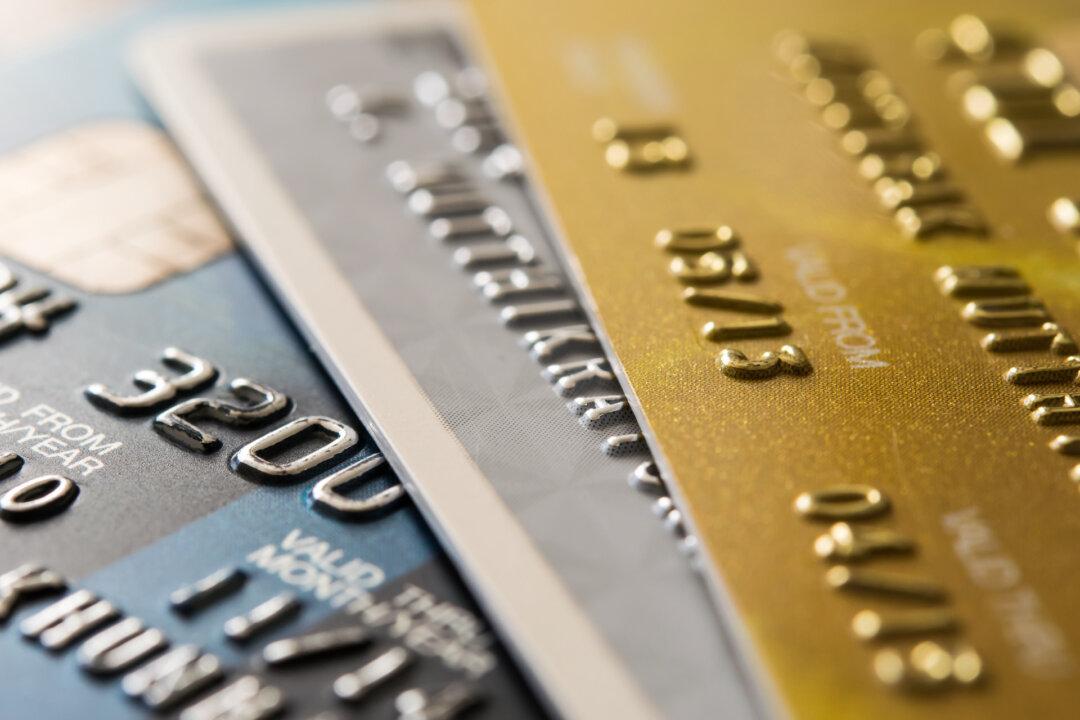If you were to dive into my inbox, you might assume you'd find lots of questions on laundry, copycat recipes, or what the best inexpensive fill-in-the-blank is. I do get lots of those. But it’s questions about credit cards and consumer debt that come out the winner in that contest.
You, like I, may find that curious because I am not a financial planner or investment adviser. I can boast no licenses or certifications in those fields. I have life experience, and I have that in spades.





